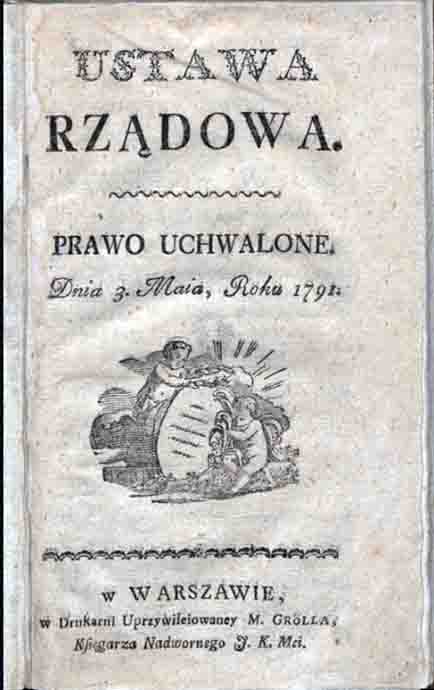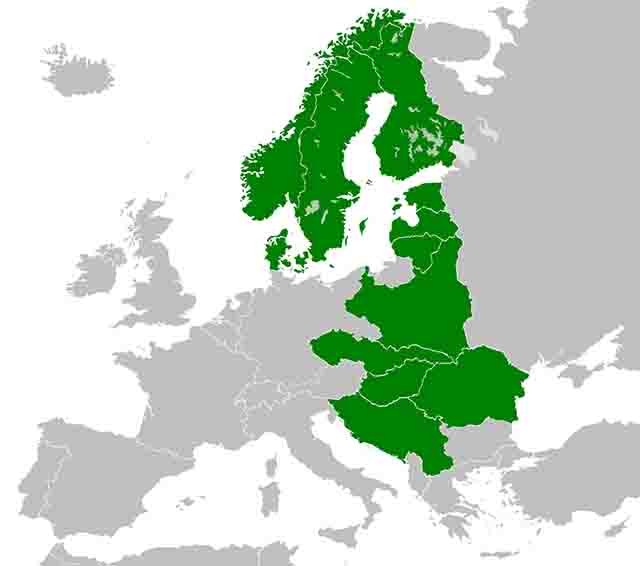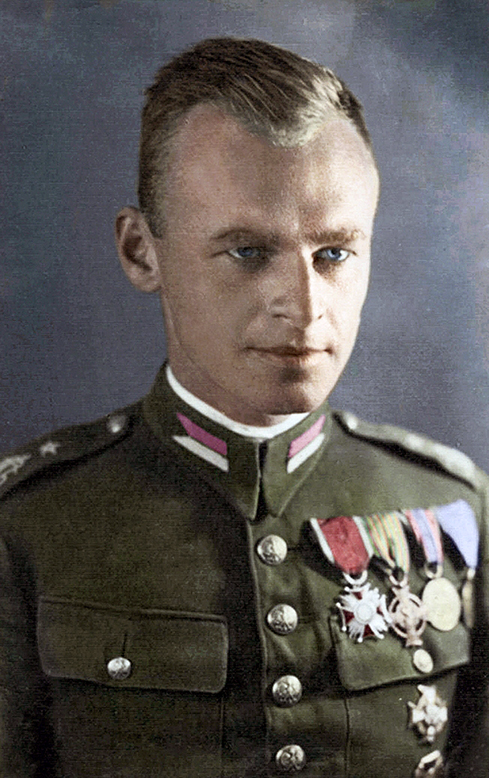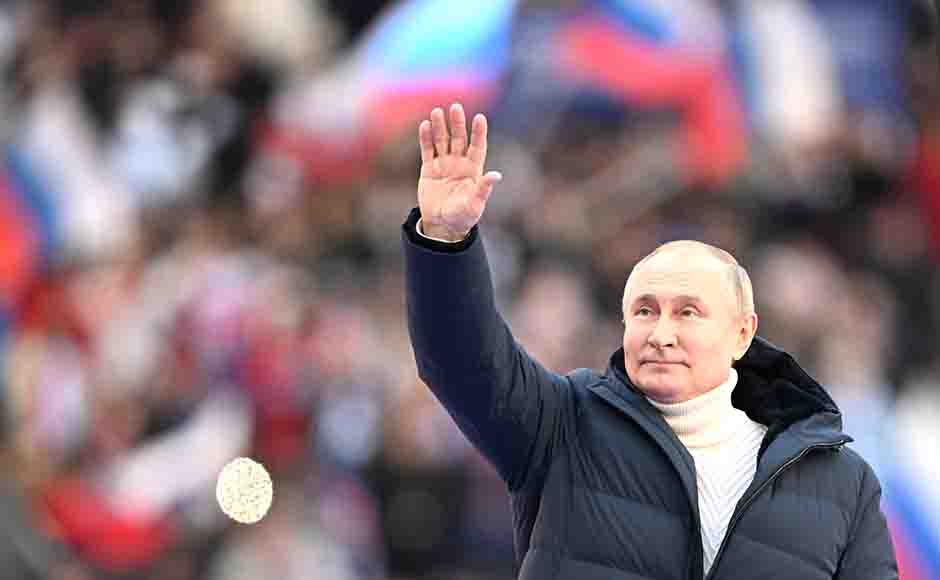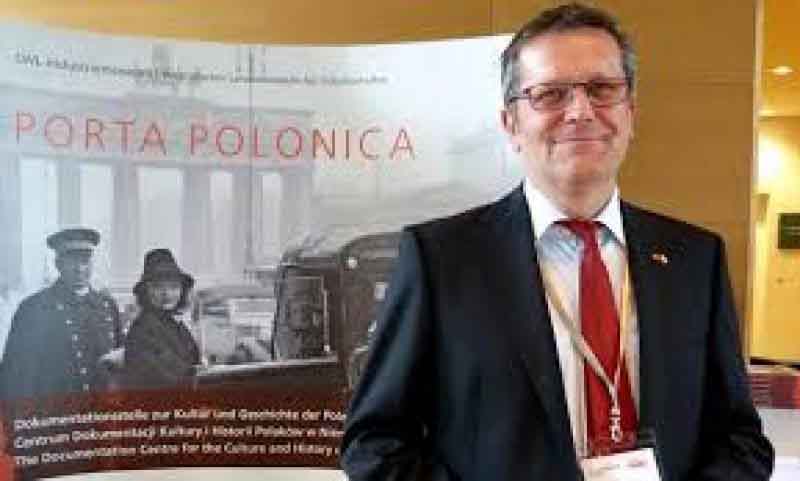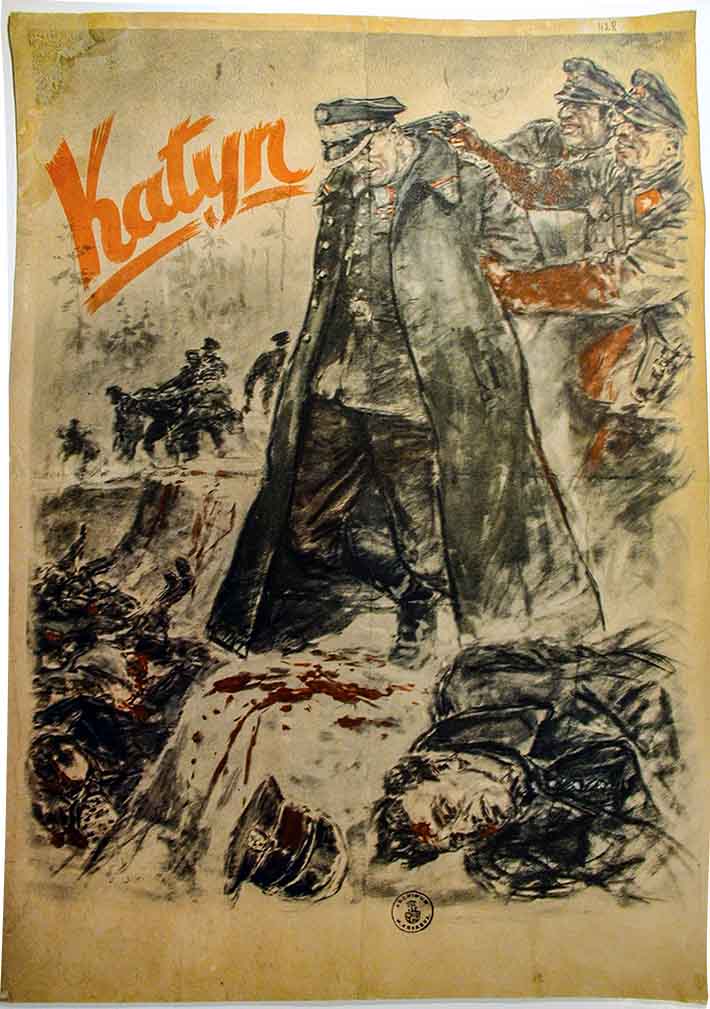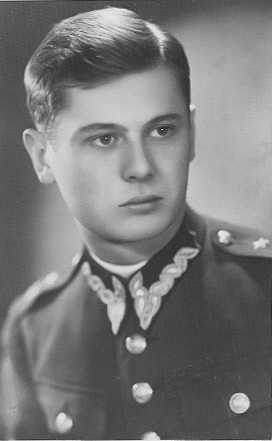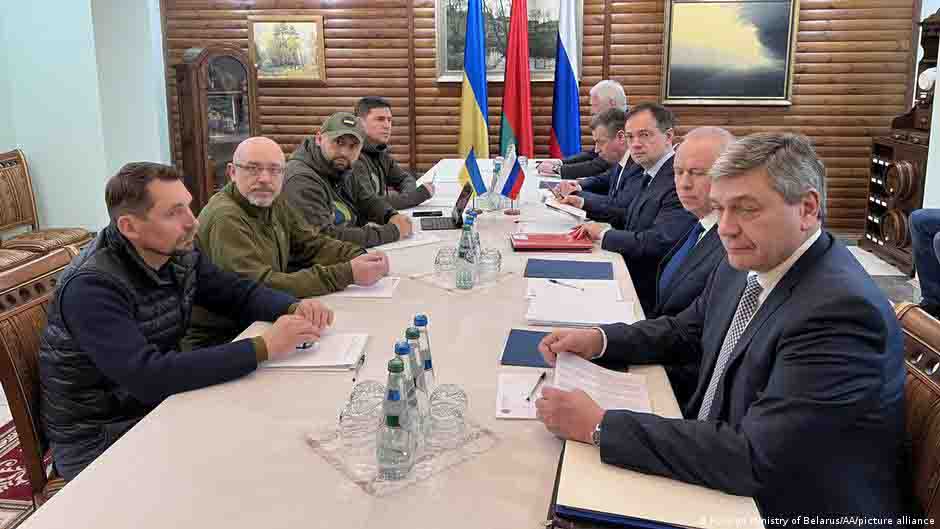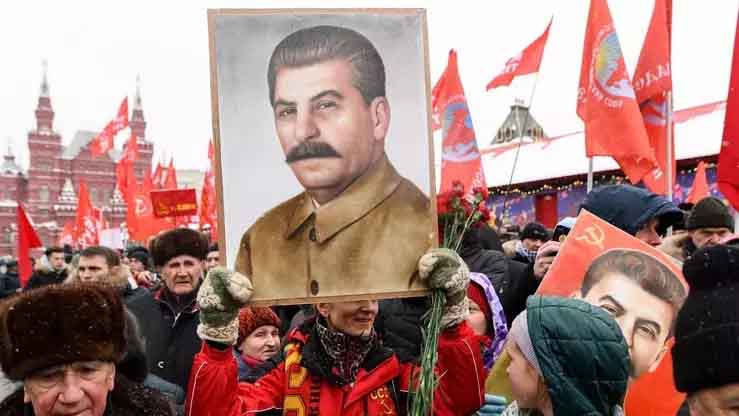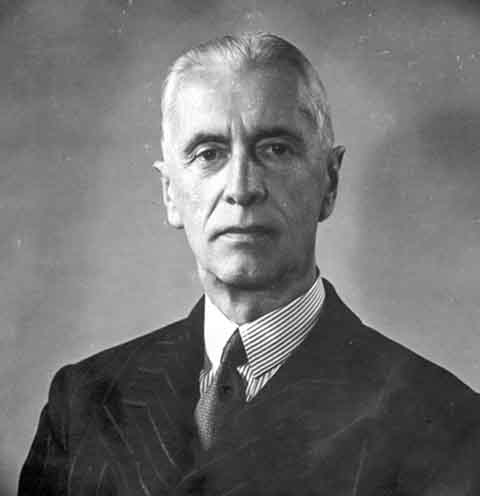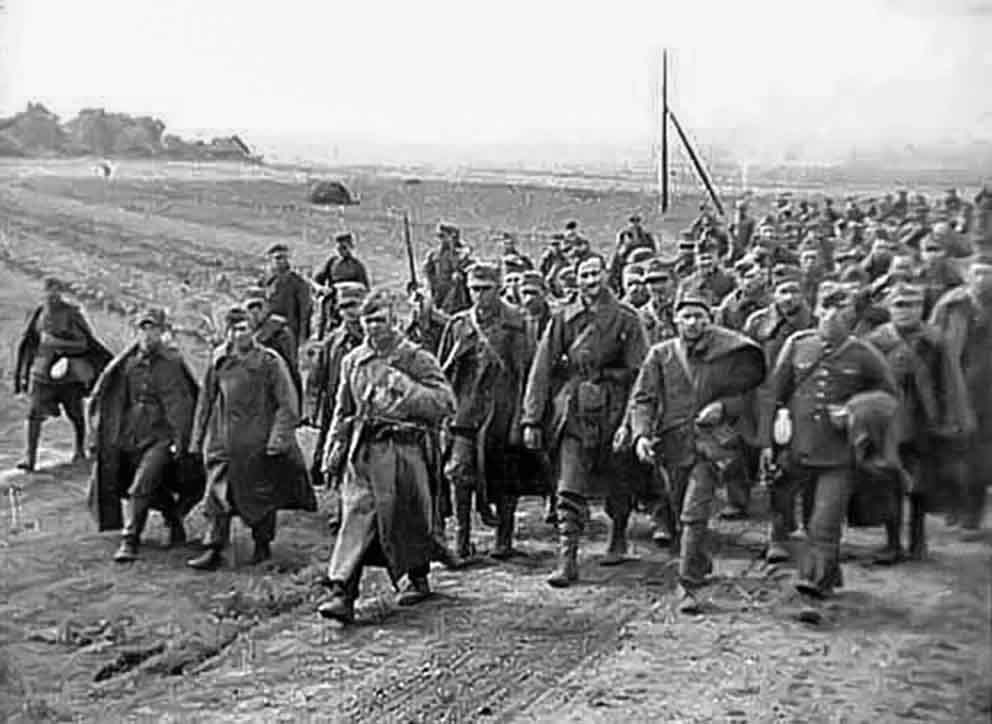The first constitution of the modern world was the United States Constitution, which entered into force on March 4, 1789. The second, and the first in Europe, was the Polish Basic Law announced on May 3, 1791 at the Royal Castle in Warsaw, today known as the Constitution of May 3. This piece of legislation — and its consequences — have a complicated but noteworthy history.
The May 3 Constitution Day celebration will be held on Monday, May 2, 2022 at the Polish Center of Wisconsin.
Read more...Let us remember, that we are a border country and anti-aircraft and anti-missile defense is also important, which we must strive for today, now. Poland still has an extraordinary leadership role to play, showing that to survive as sovereign entities in Central or Eastern Europe, new federalist ideas are needed.
Read more...We live at the time when great and true heroes need to be rediscovered and remembered. Their deeds, attitudes and beliefs must be brought to light, and their suffering and persecution should be rewarded with our admiration after all the years. Captain Witold Pilecki is one of the greatest heroes of Poland, Europe, and the entire free world in the 20th century.
Read more...Putin's historical narrative is, in fact, an apotheosis of the Stalinist-Soviet story of World War II, ignoring ethnic purges, murders of Polish officers, NKVD barrage troops shooting at anyone who would just think of taking a step back. There is no looting, no mass robbery or rapes of women, no liquidation of the opposition. The purpose of this narrative is one: to purge the Soviet Union and its state leadership — headed by Stalin — of the charges of collaborating with Hitler and of jointly provoking a global conflict.
Read more...The idea of establishing the Center was born in 2011 by the Germans during the "round table" session on the occasion of the 20th anniversary of the "Treaty between the Republic of Poland and the Federal Republic of Germany on good neighborhood and friendly cooperation" of June 17, 1991. It was described as "a form of compensation for the harm done to Poles living in Germany before the outbreak of World War II by the Nazis."
Read more...If we want to remove Russia from influencing politics, the European and world economy, we must first of all begin to win over the media in the world and start a campaign of telling the truth about the expansion of imperial Russia from the tsarist times, and the mechanisms used by imperial and Soviet Russia with respect to the conquered lands and nations .
Read more...In the Polish narrative about steadfast soldiers, we often forget that some of them continued their struggle for an independent and sovereign Poland in exile. The day of remembrance of the steadfast soldiers passed quietly this year and almost imperceptibly. And yet, especially now, it is possible to emphasize the merits in the activities of such steadfasts as Colonel Edmund Jerzy Banasikowski.
Read more...The challenge needs to be faced now. Ukraine is seeing its cities bombed and its nuclear reactors set on fire. At the very least, it’s incumbent upon NATO to offer President Zelensky both arms and air cover to overcome the obstacles his country is facing. To fail to do so is to make a mockery of our own democratic traditions and hopes.
Read more...We all in the West are playing a dangerous game with Russia. It doesn't matter that they are wrong on so many things, up to and including the current war (for which they cannot alone be blamed). What matters is where we are all going. We, in the West, seem to think that isolating Russia will work towards some goal that ultimately benefits us. It won't. Russia has a very long history of self-isolation, longer than any country other than China. It's even longer than that of Japan.
Read more...On January 25, 1988, the President of the Republic of Poland, Kazimierz Sabbat, on the basis of article 24 of the Constitution of the Republic of Poland of April 23, 1935, appointed him in an order "the successor of the President of the Republic of Poland in the event of the vacancy of the office of the President of the Republic." After the sudden death of Kazimierz Sabbat on July 19, 1989, on the same day in the evening, pursuant to Art. 19 of the Polish Constitution, he took the oath and took the office of the President of the Republic of Poland in Exile.
Read more...On September 17, 1939, after the aggression of the Soviet Union against Poland, the Polish government and the commander-in-chief, Edward Rydz Śmigły, evacuated to Romania, with which Poland had friendly relations, in order not to be captured and forced to sign the surrender. Unfortunately, the political circumstances changed and the Polish authorities, along with the president and the commander-in-chief, were interned there.
Read more...Wojciech Materski
Although Russia has officially acknowledged the perpetration of the Katyn massacre, this truth is virtually absent from Russian historiography today. For it does not fit into the myth of the great victory of the war, any more than the Hitler-Stalin pact of 1939, the mass deportations, the enslavement of the Baltic republics, or the colossal scale of the Red Army's marauding in the final phase of the Second World War.
Read more...


